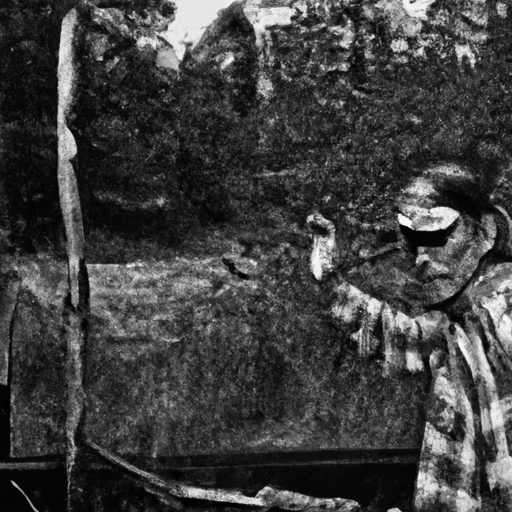Addressing The Canadian Opioid Crisis: An Examination Of Métis, Treaty Nations, and Indigenous Communities
In a recent compelling piece by APTN News, there are invaluable insights into the complicated and tragic impact of the opioid crisis on select Indigenous communities, particularly the Métis and treaty nations in Manitoba. This blog post aims to dissect the arguments and observations made in this article, weaving them into the broader narrative of Canada’s ongoing battle with opioids. You can read the original article here.
Indigenous Communities Particularly Affected By Opioid Crisis
The opioid crisis has affected many countries and communities globally, but has left a particularly harsh scar on indigenous communities in Canada. Here are a few critical points noted in the APTN News report with interesting insights into the crisis:
- Indigenous communities including the Métis and treaty nations are suffering from a disproportionate amount of drug-related deaths
- The opioid crisis has led to an increase in crime rate including drug trafficking and drug-related violence
- The number of homeless individuals in these communities has also drastically increased
The Human Cost of The Crisis
The opioid crisis has a high human cost, not only in terms of deaths but also in terms of individuals’ quality of life. Addiction is a disease that devastates not just the health and well-being of those directly affected, but also damages families, communities, and entire societies. The crisis we’re seeing in Indigenous communities is not simply about opioids or drugs, but about systemic failures, socioeconomic factors, and often overlooked racial and cultural nuances.
Ongoing Efforts To Combat The Crisis
Various interventions have been put in place to curb the opioid epidemic. These include increasing the accessibility to naloxone kits and expanding harm reduction programs, among others. Yet as promising as these initiatives are, we need to acknowledge that they focus primarily on reducing the harm associated with substance use and not directly on addressing the root causes.
A Call To Hold Pharmaceutical Companies Accountable
The mentioned APTN News piece also highlighted the ongoing opioid class action lawsuit against Purdue Pharma. This is a step towards holding pharmaceutical companies accountable for their role in fuelling the opioid crisis. While this legal battle might not curtail opioid misuse directly, it sends a strong message that irresponsible practices by pharmaceutical companies will not be tolerated.
The Path Forward
Addressing the opioid crisis in Indigenous communities isn’t just about developing and implementing more effective harm reduction strategies, although those are undoubtedly crucial. It is about delivering justice. It’s about addressing the systemic issues that disproportionately affect these communities. It’s about recognizing the cultural and historical complexities that play into modern social and health issues.
In Closing
Summarizing the key takeaways from the article, it’s clear that:
- The opioid crisis is a complex issue with profound impacts on society, notably within Indigenous communities
- Efforts such as distribution of naloxone kits and harm reduction programs are fundamental in managing the opioid crisis
- A push towards holding pharmaceutical companies accountable may serve as a deterrent to future irresponsible practices
- Ultimately, rooting out the opioid crisis requires more than managing its symptoms: systemic, historical, and cultural issues must also be addressed
In conclusion, the journey to overcoming the opioid crisis will be long and often challenging, as illustrated by the struggles faced by the Métis and treaty nations. But by learning from communities like these, holding wrongdoers accountable, and addressing systemic issues, we can, and must, forge a path towards healing and recovery.


